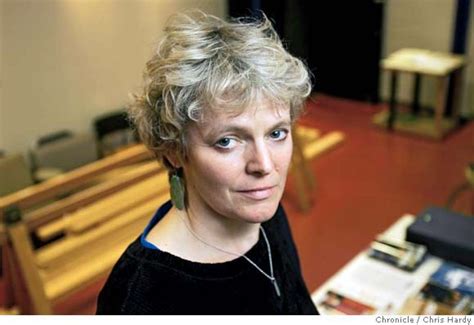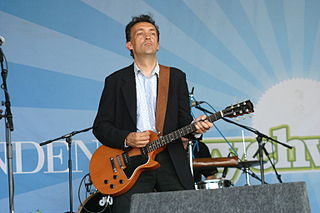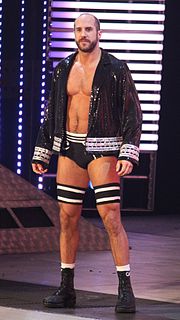A Quote by Ellen McLaughlin
I write in order to understand the images. Being what my agent . . . somewhat ruefully calls a language playwright, is problematic because in production, you have to make the language lift off the page. But a good actor can turn it into human speech. I err sometimes toward having such a compound of images that if an actor lands heavily on each one, you never pull through to a larger idea. That's a problem for the audience. But I come to playwriting from the visual world - I used to be a painter. I also really love novels and that use of language. But it's tricky to ask that of the theatre.
Quote Topics
Actor
Agent
Also
Ask
Audience
Because
Being
Calls
Come
Compound
Each
Each One
Err
Good
Good Actor
Having
Human
Idea
Images
Lands
Language
Larger
Lift
Love
Make
Never
Novels
Off
Order
Page
Painter
Playwright
Playwriting
Problem
Problematic
Production
Pull
Really
Sometimes
Somewhat
Speech
Theatre
Through
Toward
Tricky
Turn
Understand
Use
Use Of Language
Used
Used To Be
Visual
World
Write
Related Quotes
Being a slow reader would normally be a deficiency; I found a way to make it an asset. I began to sound words and see all those qualities - in a way it made words more precious to me. Since so much of what happens in the world between human beings has to do with the inconsideration of language, with the imprecision of language, with language leaving our mouths unmediated, one thing which was sensuous and visceral led to, in the use of language, a moral gesture. It was about trying to use language to both exemplify and articulate what good is.
We're trying to be very careful and precise in our use of language, because I think the language we use and the images we project really do have resonance. It's the reason why I don't use the term jihadist to refer to terrorists. It gives them the religious legitimacy they so desperately seek, but I ain't gonna give it to them.
I believe that we must use language. If it is used in a feminist perspective, with a feminist sensibility, language will find itself changed in a feminist manner. It will nonetheless be the language. You can't not use this universal instrument; you can't create an artificial language, in my opinion. But naturally, each writer must use it in his/her own way.
The visual is sorely undervalued in modern scholarship. Art history has attained only a fraction of the conceptual sophistication of literary criticism. Drunk with self-love, criticism has hugely overestimated the centrality of language to western culture. It has failed to see the electrifying sign language of images.
We believe we can also show that words do not have exactly the same psychic "weight" depending on whether they belong to the language of reverie or to the language of daylight life-to rested language or language under surveillance-to the language of natural poetry or to the language hammered out by authoritarian prosodies.
My brain can form thoughts that come out through my mouth. The problem is sometimes I stumble the words because I speak five different languages - we know all that - so the thing is, I like to speak the language that everybody speaks all around the world, that the WWE Universe loves... that's the language of wrestling that I do in the ring.






































